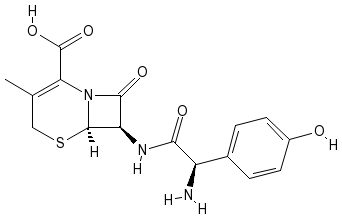Women commonly stop breastfeeding because of medication use and advice from a physician, according to a report from the American Academy of Pediatrics (AAP). The AAP states that this advice may not be warranted. Most drugs likely to be prescribed to a nursing mother should have no effect on milk supply or on the infant's well being. The report, titled "The Transfer of Drugs and Other Chemicals into Human Milk," appears in the September 2001 issue of Pediatrics. It includes discussions of nicotine, psychotropic drugs, silicone breast implants, and other drug therapies.
The current AAP statement is intended to update the list of agents transferred into breast milk and describe possible effects on the infant or lactation, if any are known (Tables 1 and 2).
Before prescribing drugs to lactating women, the AAP recommends that the following should be considered:
* Is drug therapy necessary? If drugs are required, the safest drug should be chosen.
* If there is a possibility of risk to the infant, consideration should be given to measurement of blood concentrations of the drug in the nursing infant.
* Drug exposure to the nursing infant may be minimized by having the mother take the medication just after breastfeeding the infant or just before the infant is ready for a lengthy sleep period.
Physicians who encounter adverse effects in infants who have been receiving drug-contaminated breast milk are urged to document these events with the U.S. Food and Drug Administration (http://www.fda.gov/medwatch/ index.html). This report should include the generic and brand names of the drug, the maternal dose and mode of administration, the concentration of the drug in milk and maternal and infant blood in relation to the time of ingestion, the method used for laboratory identification, the age of the infant, and the adverse effects.
If a pharmacologic or chemical agent does not appear in the tables, it does not mean that it is not transferred into breast milk or that it does not have an effect on the infant; it only indicates that there were no reports found in the literature.
COPYRIGHT 2002 American Academy of Family Physicians
COPYRIGHT 2002 Gale Group



